Over the past few decades, the hospitality industry has seen radical changes in terms of emerging technologies. That said, technologies in hotel industry have evolved to play a pivotal role in streamlining the hotel business operations and redefining the guest experience.
Simply put, to offer a seamless and personalized guest experience and exceed their expectations, you can pick and incorporate all the relevant and emerging technologies for your hotel business. And as visual branding becomes increasingly important in hospitality, tools like a modern PFP maker can also help your team maintain consistent, polished profiles across guest-facing platforms.
In this article, we’ll first talk about the evolution of technologies in the hotel industry. Then, we’ll take a look at cutting-edge guest-facing technology trends in hotels.
After that, we’ll shed light on the benefits of driving hotel technology adoption for superior experiences.
Finally, we’ll walk you through the way toward overcoming the challenges of adopting hotel technologies in action.
The monumental evolution of technologies in hotel industry
You may notice that technologies in hotel industry seem to be all cutting edge. But how did it all start? Let’s see how they evolved through the decades:
1980s to Late 2010s, from the emergence to center stage
Way back in 1984, a guy named Anant Yardi set off a real estate technology company called Yardi Systems. Their first product? Property management software.
It was designed just for Apple II computers. Legend says the actual Apple II Anant used to invent that first software is on display at Yardi’s headquarters like a priceless souvenir.
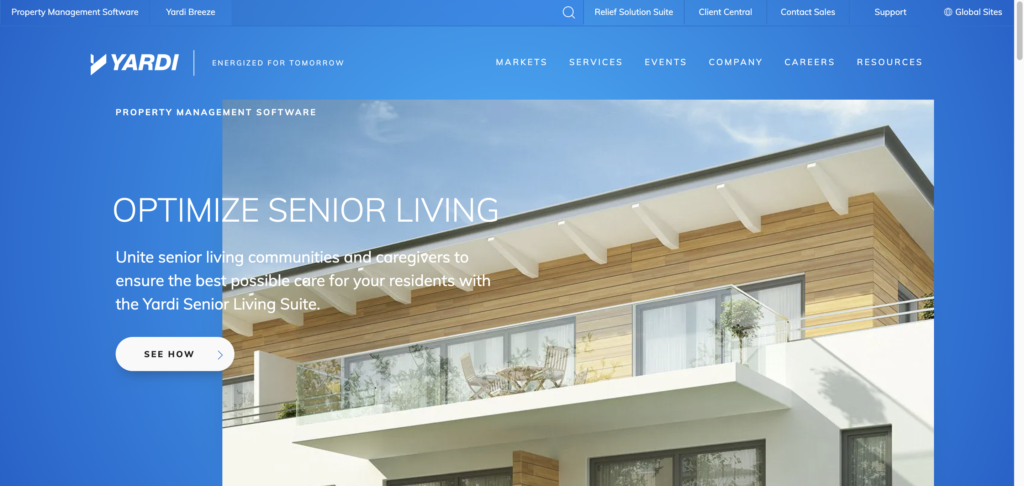
The whole venture started because Anant was a property owner in Santa Barbara. He wanted some customized software to better run his own assets, so he took matters into his own hands. What started as Anant’s DIY side project evolved into one of the biggest real estate technology players worldwide. Even though Yardi started out decades ago as a small family-run outfit, it still operates as a family business today after 40 years of growth.
Hence, it’s safe to say that the cornerstone to emerge the property management system was first laid during the 80s and 90s decade. Property owners used them to operate their businesses by digitizing reservations, guest profiles and other necessary data.
A famous third-party hotel booking site like HRN (Hotel Reservations Network) emerged in 1991, which was then acquired by Expedia in 2001 and rebranded as Hotels.com in 2002.
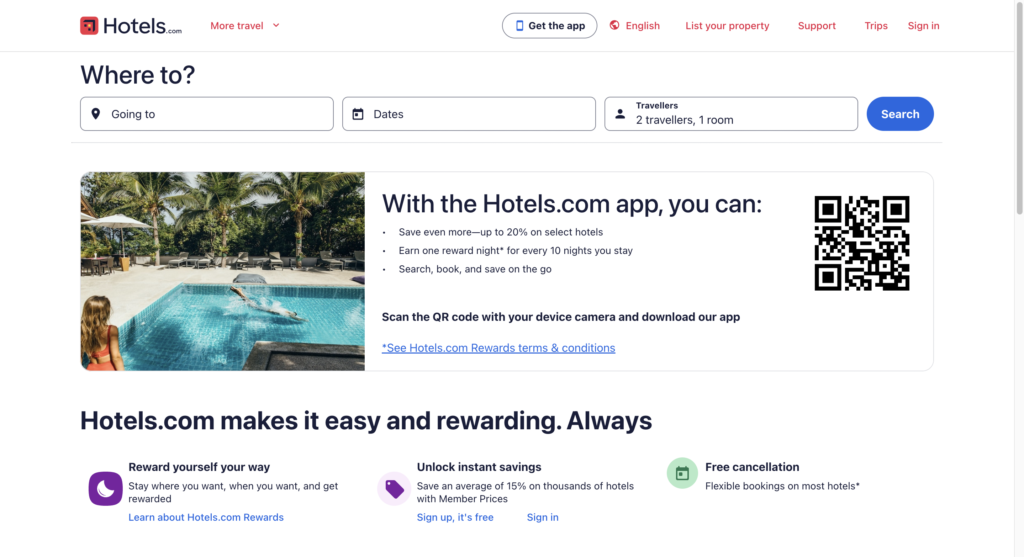
In the late 90s and early 2000s, online travel bookings started to take off with a burst in popularity by revolutionizing hotel distribution.
In the mid-2000s, Wi-Fi and mobile phones became an expected necessity from sheer luxury. They became a ubiquitous necessity both for the hotel owners and the guests.
In the early 2010s, smartphones and mobile apps brought rapid changes to hotels, as guests increasingly relied on mobile devices for researching, booking, communicating and managing their hotel stays. By this time, smartphones became an integral part of the travel industry.
Later in the 2010s, next-gen technologies like artificial intelligence, IoT sensors, virtual and augmented reality, machine learning and more disrupted the hotel industry. We can safely say that data and personalization took center stage nowadays.
This evolution shows that technology has always been core to modern hospitality management. Next, let’s explore the key technologies making waves in hotels today.
Cutting-edge hotel guest-facing technologies
Today, the hotel industry is adopting customer-facing technologies that aim to deliver frictionless experiences to each visitor. Hotel owners bring tailored capabilities like mobile check-ins or check-outs, in-room IoT controls, service robots and much more that resolve customer pain points.
Let’s dig deeper into these technology trends in hotels:
1. Hotel booking websites
Although the idea of creating a hotel booking website is not new in the world of technologies in hotel industry, it’ll always stay at the core of other trends.
A hotel booking website ensures your online presence, takes reservation orders and helps bridge the gap between other platforms.
Creating a hotel booking website is easier than you might think. For example, you can build one for yourself using a WordPress hotel booking plugin using minimal effort and time.
2. Mobile check-ins or check-outs

The guests can feel frustrated if they experience long front desk check-ins. Interestingly, you can eliminate the long queues with the guests’ phones. A great remote solution, isn’t it?
60% of respondents indicated they would be more likely to select a hotel that has mobile check-in and keyless entry over one that does not offer those features
Taylor Short, Market Research Associate, Software Advice
By auto-sending room numbers and access keys, you can enable your guests to check in using their smartphones. Tech in hotels like this ensures a smooth buyer’s journey while reducing the need for staff members and time-consuming face-to-face contact.
3. Smart rooms
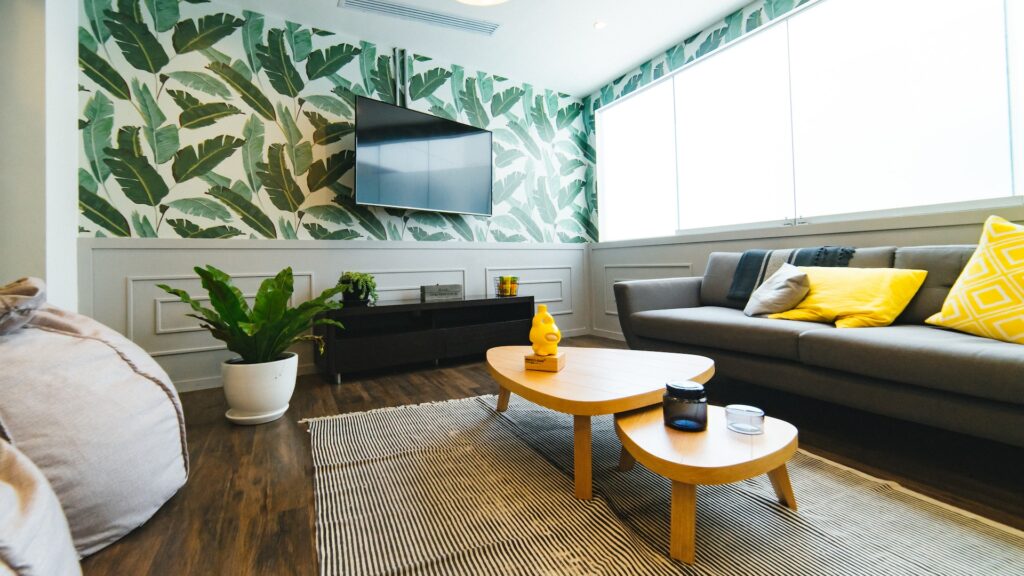
Hotels can utilize in-room futuristic technologies in an attempt to wow guests. They can really focus on the concept of an intuitive level of control.
For example, you can allow your guests to simply access their personal content on smart TVs or VR headsets by using their smartphones.
Other instances can be letting the guest’s devices get synced to the lights, thermostats and blinds for furthering the level of control.
You can also consider eco-friendly technologies in hotel industry, such as key card-activated power to aid sustainable energy.
4. Digital concierge solutions
Gone are the days of relying on in-person concierges. Now, you can streamline your hotel business by employing digital concierge solutions without the need for phone calls or front-desk visits.
Using mobile apps, you can allow your visitors on-demand access to hotel amenities right from their phones. You can guide them to book on-site services or send recommendations as well.
You can also provide live support using trending AI-powered chatbots that use natural language processing capabilities.
5. Service robots

Among other trending technologies in hotel industry, service robots are conquering the hotel industry by storm. You can employ robots that can navigate and deliver small amenities to rooms to evoke a sense of futuristic hotel technology trends.
They can even interact with guests by giving necessary information and other assistance. If you want to offer high-tech novelty factors with functional guest service, you can consider deploying them.
6. Virtual reality tours
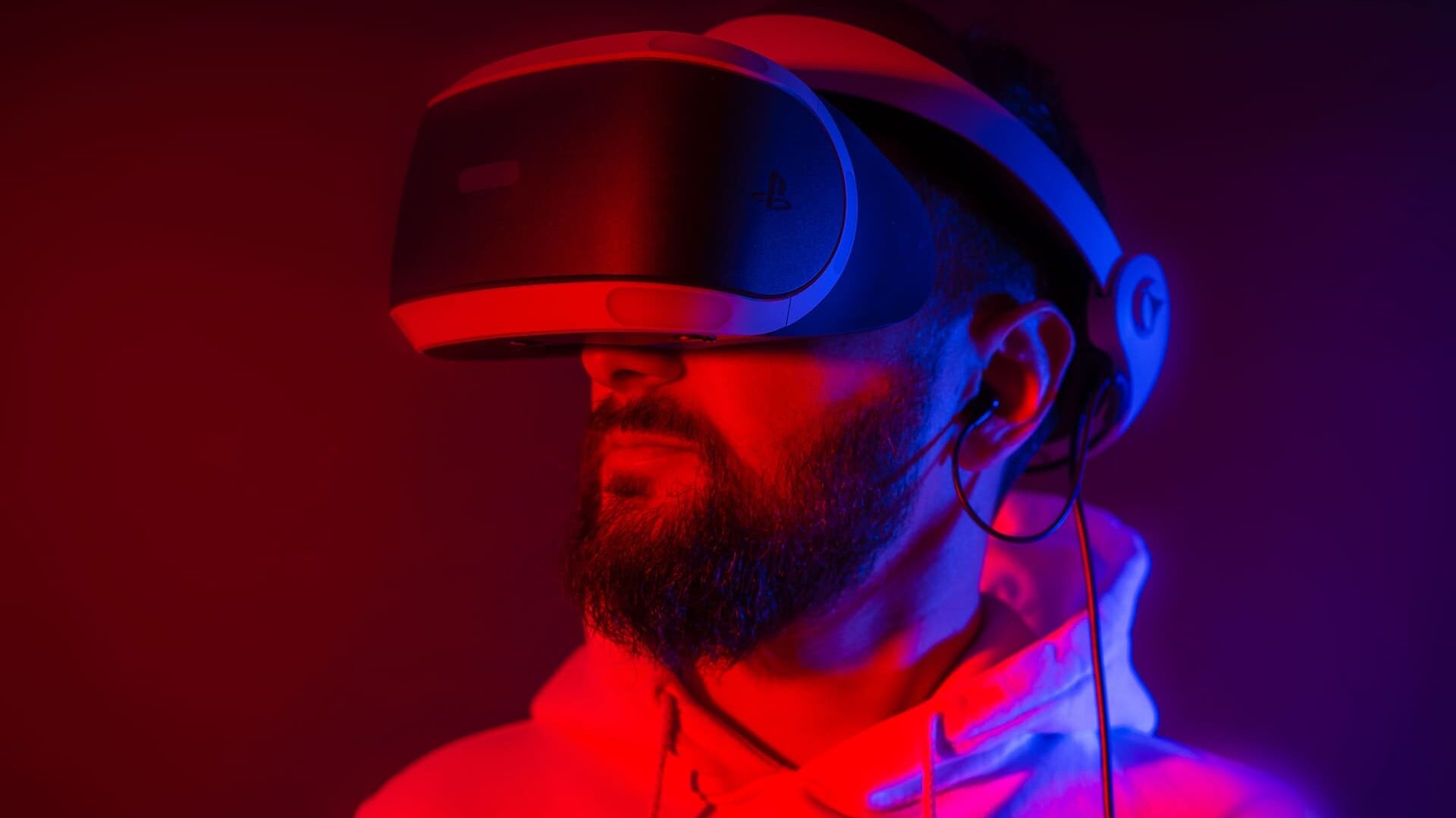
VR headsets and Google 360-degree view are the real deals! They are the key to providing immersive reality tours of your hotel rooms, amenities and other properties while your visitors are resting on their couch at home. Sounds exciting, right?
Online 3D walkthroughs of properties tend to garner more interest from prospective clients between 18 and 34 years old, with data indicating this demographic is 130% more inclined to finalize a booking after viewing a virtual tour.
Reimagine Main Street
Seeing is believing. No matter how much you try to impress your prospective guests with promises through words, video or audio, a virtual tour is all that will overpower all the other marketing efforts and increase your sales efficiency.
7. High-speed Wi-Fi
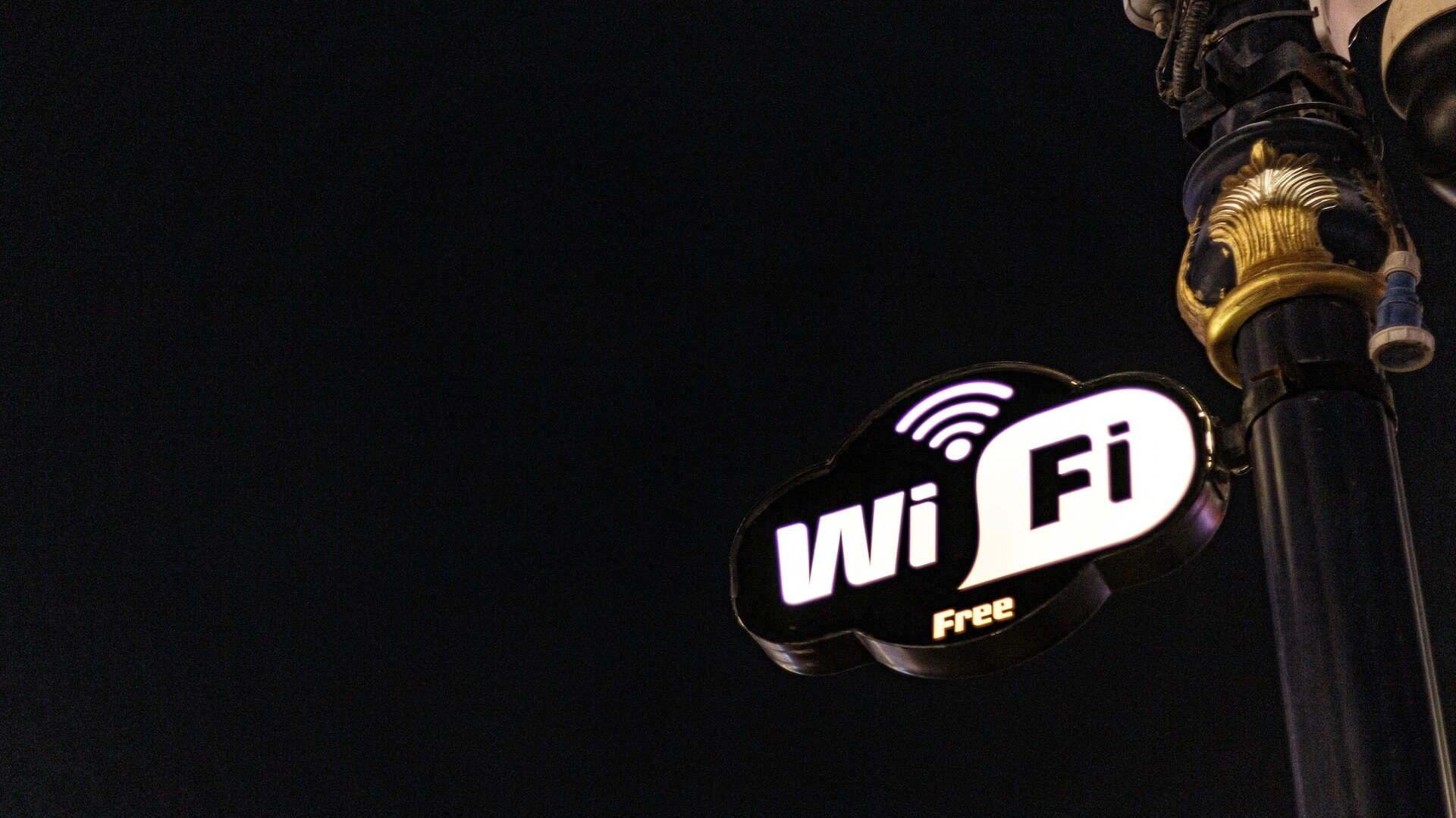
Reliable, fast and accessible Wi-Fi is no longer been an amenity but has rather been a necessity. Not only is it necessary for the hotel staff to operate seamlessly using their devices, but also equally useful for the hotel guests.
Now-a-days, nearly all the other hotel owners have integrated Wi-Fi services into their hotel booking services. If you’re not offering a robust wireless network to your guests, you can’t keep pace with your competitors.
8. Revenue management systems
To maximize revenues, it’s necessary to analyze optimal demand, daily pricing, demand forecasts and length-of-stay patterns. But it’s a herculean task to do it manually as the industry data is really big and volatile.
In this regard, nothing can beat the idea of using an advanced hotel booking technology like a revenue management system. Based on events, seasons and competitors, it can automatically recommend the ideal hotel room rates by applying machine learning and algorithms.
9. Integrated hospitality platforms
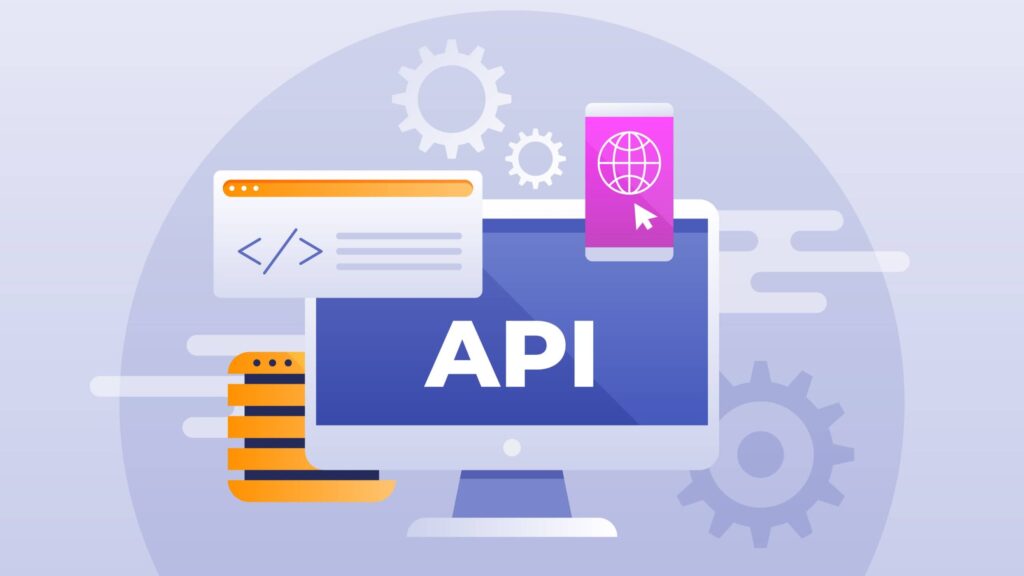
There’s not one size fits all solution when it comes to tech in hotels. You might need to use multiple platforms like a property management system, a point of sale (POS) system for dining or a spa booking system.
Consequently, you might want to integrate each platform so that you can get the big picture of your business on a single dashboard and can have complete control.
Hospitality platforms like Tourfic can provide you with a centralized dashboard to get the holistic data tied to each other. Meaning all the platforms behave as a single platform.
10. Environmental sensors
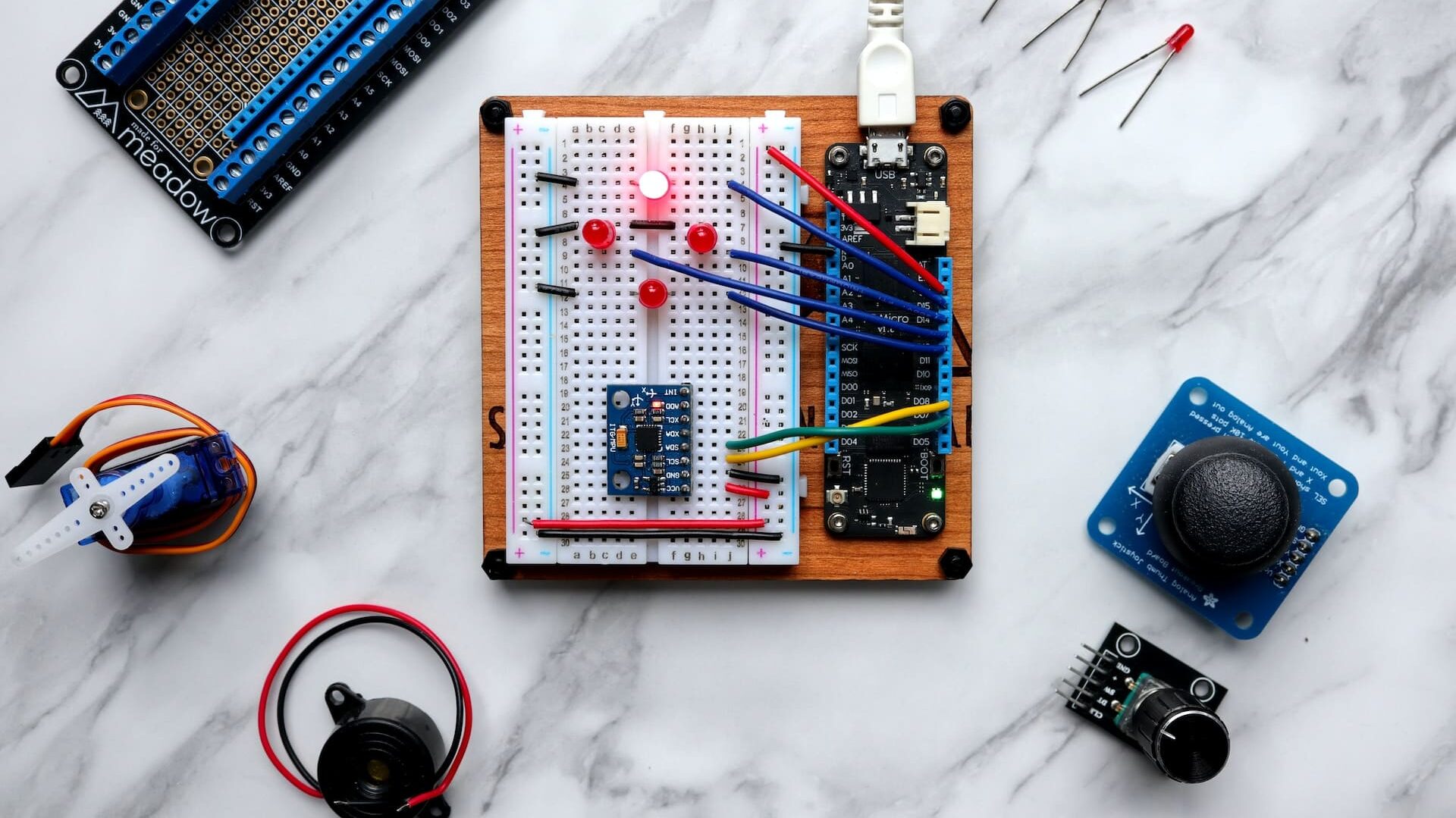
To quickly spot and resolve issues, you need to track real-time operational data. This is exactly where technologies in hotel industry like IoT sensors come in!
For example, network sensors can help you detect pipe leaks, malfunctions in equipment or appliances and room occupancy changes.
They can not only help you determine overall energy consumption but also can help you improve your team’s fast response capabilities. Guess what, the beauty is that these gadgets can operate themselves all remotely and with precision.
How adopting the latest technologies in hotel industry can be beneficial?

Adopting technologies in hotel industry plays a transformative role in satisfying guests and managing properties. But what are the specific benefits that can convince you to continually adopt the latest innovations? Let’s take a look at the following benefits of adopting technologies in hotel industry:
Personalized guest experiences
AI-powered technologies in hotel businesses can be quite helpful in giving a sense of personalization to the guests. You can always take help from technological trends like service robots, in-room tech, and hotel mobile apps to tailor your service to the preferences of your guests.
This way, you can promote your business, distribute the amenities and interact in a better way – Making your customers feel like you really care for them and fulfilling their needs in the best possible manner.
Always remember personalization is the key to brand loyalty.
Increased operational efficiency
When you automate the repetitive manual task with effective technologies in hotel industry, such as AI chatbots, a hotel reservation website, a revenue management system, service robots, digital concierges and others, you can save much of your precious time and effort.
Here are a few ways technologies can help you increase operational efficiency:
- Hotel management software centralizes reservations, housekeeping, and other operations, improving communication and coordination between departments.
- Keyless entry systems for guest rooms reduce check-in time and the need for staff to make duplicate keys.
- Automated chatbots can handle common guest inquiries without tying up anything from customer service staff.
- Integrating systems like point-of-sale and inventory management allows hotels to track usage in real-time and optimize purchasing and supplies.
Thus, you can channel the extra time to other important operational tasks.

If you’re not yet convinced, here are a few facts from Brightline Technologies Inc., “Recent research indicates that implementing cooperative digital systems can boost operational productivity by as much as 131%. Additional analyses demonstrate a 22% improvement in on-schedule project completion rates over the past four years, when compared to figures from 2019.”
Enhanced competitive Edge
Tech-savvy travelers will always crave on-site innovations and trending technologies in hotel industry. So, think of it as an opportunity to stand out from the crowd by adopting trending technologies to stay in the group of innovators and early adopters.
We highly recommend you become forward-thinking leaders by at least joining the early majority and not being in the late majority or laggards groups.
Maximized revenue
Dynamic rate setting with hotel revenue management systems coupled with well-planned inbound marketing strategies can help you maximize revenue.
Not to mention, digital marketing efforts, such as SEO, email marketing, paid media marketing, social media marketing and retargeting the prospective customers who abandoned the cart, can significantly help you maximize the sales volume.
Technologies in hotel business: Overcoming the odds

While the potential is vast, integrating new hotel technologies comes with hurdles that demand careful navigation:
Cybersecurity vulnerabilities
More connected systems, digital devices and other IoT integrations mean increased cyber risks. This is why you need to assess and address vulnerabilities on a regular basis.
We recommend you use standard data encryption, multi-layered security measures and staff training while implementing the smart technologies.
We also suggest you keep an in-house cyber-security expert to supervise and monitor all the technologies in your hotel business.
Required infrastructure investments
To support new tech capabilities, hotel owners must upgrade servers, network equipment and Wi-Fi capabilities which requires substantial capital investments in long-term IT infrastructure.
Automation and other technologies usually require huge investments. So, keep a special reserve in your hotel balance sheet statement so that you can invest in any infrastructure in the event of drastic technology drifts.
For example, you need to upgrade your network equipment, Wi-Fi capabilities and audio-video systems, which might require a huge initial investment.
Guest learning curves
A positive user experience is imperative. While it may seem tempting to use as many technologies as you can, you can also consider the intuitiveness of the solutions.
If the learning curve to use the solutions is too high, it might result in confusion, frustration, and dissatisfaction from your customers. Do you really want to trouble your dear guests? Absolutely not!
Measuring ROI
It’s not wise to implement all the new trending technologies at once. Doing so might make it difficult to measure the ROI or Return on Investment. So, you can invest in one infrastructure and measure its efficacy by calculating the proper ROI at a given period.
Remember, apart from proper tracking, you can’t justify the value of one infrastructure.
By following best practices like opting for intuitive tech designs, developing cybersecurity policies, tracking metrics diligently, and highlighting competitive advantages, hotels can overcome hurdles and capitalize on new innovations.
Maximizing existing hotel technologies

While preparing for future hotel technology trends, it’s also important to get the most out of the existing tech in hotels. Many hotel property owners forget to:
- Continuously train their staff on full functionality and system upgrades.
- Monitor guest feedback channels for enhancement and integration ideas.
- Unify guest data across platforms through APIs.
- Proactively identify under-utilized technologies for improvement or removal.
- Regularly analyze PMS data, sensor data and other analytics for operational insights.
- Closely track employee adoption metrics for technology rollouts.
- Test and iterate on technology implementations frequently.
So, evaluate your existing technologies and consider the above scenarios for your business. Remember, with a mindset of accepting hospitality technology trends, you can also foster the habit of maximizing the utilities from the existing materials.
Tech in hotels – The bottom line
Technology trends in hotels will continue to advance or evolve rapidly. It’s evident that technologies in hotel industry play a vital role, from seamless check-ins to personalized guest stays to automated operations.
If you want to outpace competitors, attract modern travelers and unlock new levels of operational excellence, you can integrate the latest hotel technology trends into your business.
However, newer technologies also bring security threats. So, consider assessing the cyber security concerns associated with any digital technologies. Finally, don’t forget to get the most out of your existing technology resources.
It’s clear that owners who adopted technologies in hotel industry early led the market. So, if you can do the same, there’s no reason that you won’t be the future leader in introducing hotel technology trends.
Help us grow by sharing this Post!


